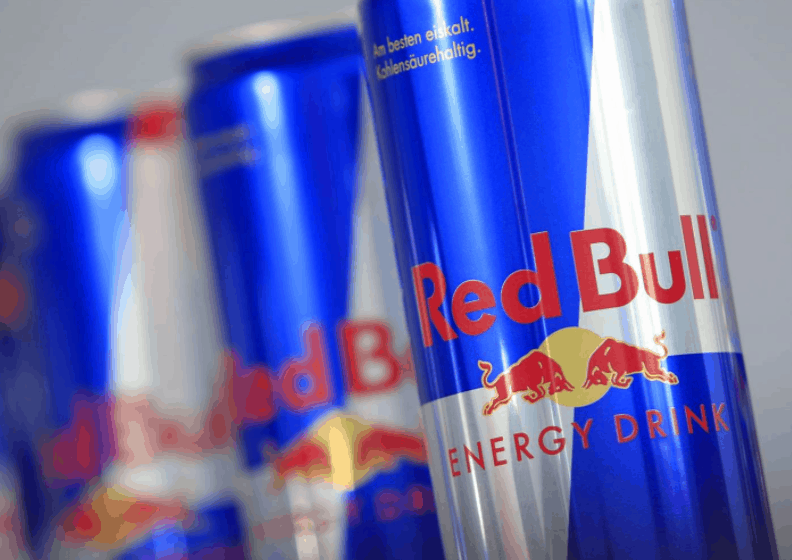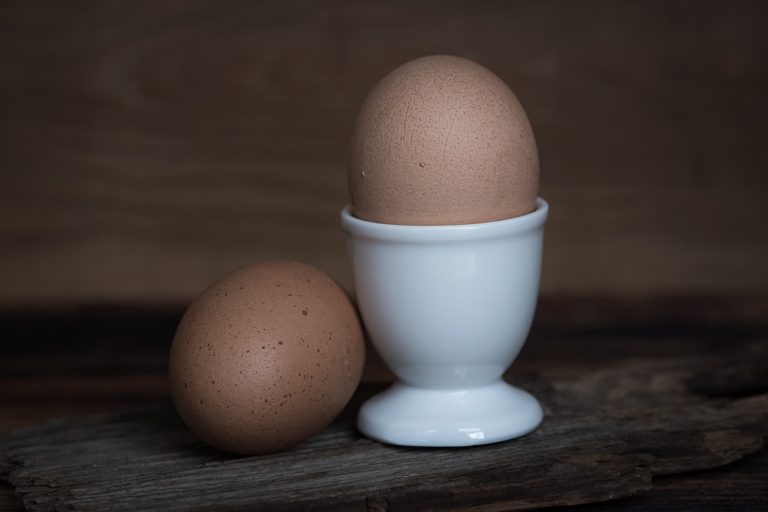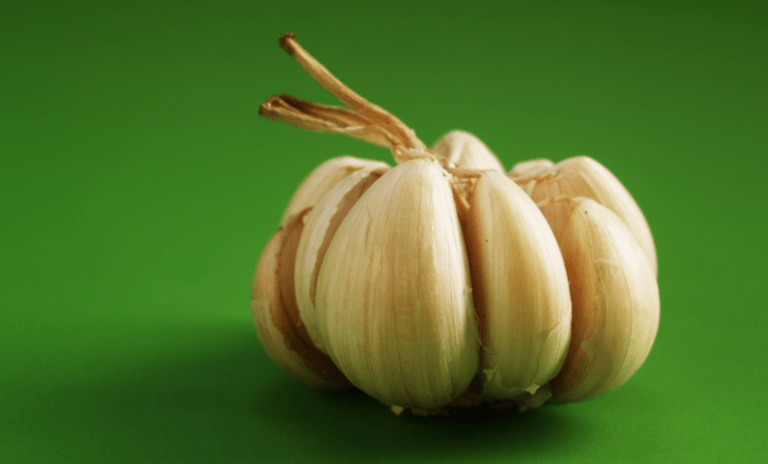You have to admit it: energy drinks are convenient. If you feel hammered after a gym workout, are fading at the end of a long day at the office, or need a boost to get you through a long study session or meeting, you can just pop the lid or tab on an energy drink bottle or can and you’ll feel the energy flow in no time. The problem is, you’re getting much more than just an energy boost.
The makers of energy drinks say their products contain natural ingredients that can improve concentration, energy, attention, and sports performance. The most prominent ingredients are caffeine and sugar (with some products including artificial sweeteners); other ingredients may include ginseng, taurine (an amino acid), B vitamins, and guarana (which contains caffeine), among others. The ingredient posing the biggest problem is caffeine, although sugar isn’t so sweet either.
According to a 2013 report by the Substance Abuse and Mental Health Services Administration, the number of emergency department visits that involved energy drink consumption doubled from 10,068 visits in 2007 to 20,783 visits in 2011. Men were more likely to make these visits, and the age group with the greatest number of visits were between 18 and 39. However, the largest increase was seen among individuals aged 40 and older.
Why should you stay away from these highly concentrated forms of caffeine? Here are 8 pretty good reasons:
Energy drinks are not well regulated
Some energy drinks—but not all of them—are sold as dietary supplements, which means they are not well regulated by the Food and Drug Administration. The producers don’t need to provide a nutrition facts label on their products, so consumers can be left in the dark about what they are drinking.
Even among energy drinks that are considered to be beverages, the FDA doesn’t require the manufacturers to reveal how much caffeine and other stimulants are in the drinks. This can be a problem, says Ruth Litchfield, an associate professor in the Department of Food Science and Human Nutrition at Iowa State University, because “they are not disclosing the total stimulant dose in the product for people to make an educated decision.”
The major energy drink manufacturers do list caffeine and other stimulant content on their products. However, it is up to consumers to decipher what the values mean. In addition, the amount of these substances can vary widely among different energy drinks.
Energy drinks are inaccurately labeled
Can consumers trust what energy drink makers say on their labels about caffeine content? According to a Consumer Reports study, no. Of 27 popular energy drinks evaluated, only 16 even listed the amount of caffeine on the label. Of those, five had more than 20 percent more caffeine that stated, and one had about 70 percent less. It’s anyone’s guess how much was in the 11 that did not even reveal the amount of caffeine. (You can see the actual amount of caffeine in the 27 products tested in a table in Consumer Reports.) Another concern is that some energy drinks may not factor in the caffeine in other ingredients, such as guarana.
Energy drinks contain LOTS of sugar
The sugar content of energy drinks can rival that of sugary sodas and fruit juices; that is, 25-plus grams per eight-ounce serving, which equals 6 teaspoons! The health dangers of sugar consumption are too numerous to list here, but some of them include the ability to promote aging, feed cancer cells, increase weight gain, and lead to chronic inflammation.
Energy drinks can affect your heart
Research shows that consuming more than 200 mg of caffeine can result in tachycardia (abnormally rapid heart rate) and arrhythmia (abnormal rhythm). That’s the amount of caffeine in one 5-Hour Energy Shot, and some products contain even more per serving. Drinking two or more other energy drinks that contain less than 200 mg per serving could lead to the same result.
A new (2015) study conducted in young healthy adults found that 12 ounces of Red Bull resulted in increases in blood pressure, which was associated with an elevated heart rate. In another recent study, the authors reviewed 43 reports on the negative health effects of energy drinks. They reported that most cases involved problems with the heart, such as irregular heartbeat.
Energy drinks don’t mix with alcohol
Combining energy drinks with alcohol is not uncommon, especially among young people. However, individuals who consume energy drinks and alcohol may be playing with fire. For example, a study from the University of Florida found that young adults who combined energy drinks with alcohol were three times more likely to binge drink and four times more likely to engage in reckless behavior (e.g., driving while drunk) than their peers who did not mix alcohol with energy drinks.
Energy drinks can affect your brain
Adolescents who regularly consume energy drinks, even in moderate amounts, can experience problems with their memory, reasoning, and problem solving skills, according to a recent study in Frontiers in Psychology. Other research has shown that energy drinks may be associated with seizures. In a study from St. Joseph’s Medical Center and Hospital in Phoenix, Arizona, experts reported on four individuals who had seizures on several occasions after heavy consumption of energy drinks. Once they stopped drinking the beverages, the seizures ceased. The authors proposed that “the large consumption of energy drinks rich in caffeine, taurine, and guarana seed extract could have provoked these seizures.”
Energy drinks can harm athletic performance
Although energy drinks may improve an athlete’s performance on the field or in the gym, there’s a price to pay. A British Journal of Nutrition study found that athletes who used energy drinks were more likely to experience nervousness, heightened stimulation, and insomnia hours after their competition.
Energy drinks can affect your sleep quality
Individuals who use energy drinks risk suffering from poor sleep quality. A study in the journal Sleep & Breathing reported that college students who used energy drinks and other stimulants experienced poor sleep quality and increased daytime dysfunction due to sleepiness.
In the February 2015 issue of the Journal of Human Hypertension, the authors warned that the concentration of caffeine in energy drinks is high and that “overconsumption could lead to insomnia, agitation, tremors and cardiovascular complications including sudden death.” These seem like big risks to take just to get a boost of energy.
Instead, make some lifestyle changes to keep your energy levels high. An eating plan that provides clean (no processed or refined foods) sources of protein and complex carbohydrates, such as a Mediterranean-style diet, helps keep energy up. Quality sleep and regular stress management practices are other plusses. Men who are looking for a natural performance and energy booster in a high-quality supplement may want to try EveryDay Male®.







